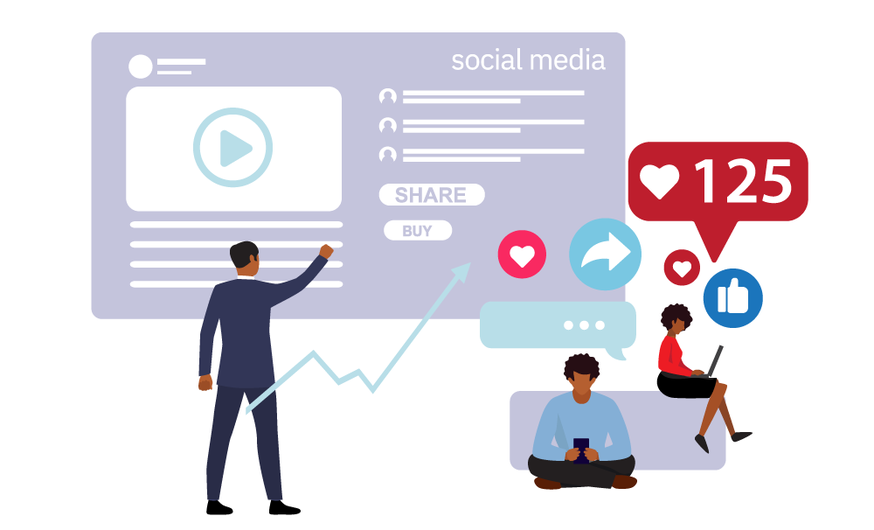Social media has become an integral part of our daily lives, influencing how we connect, share information, and engage with the world. As the digital landscape continues to evolve, businesses, individuals, and organizations are recognizing the significance of monitoring social media platforms. Social media monitoring meaning, also known as social media listening or social media intelligence, is a crucial practice that involves tracking and analyzing online conversations, mentions, and trends across various social media channels.
Social Media Monitoring Meaning

Media monitoring meaning refers to the process of observing and analyzing social media channels to gather relevant information about a brand, product, service, or topic. This involves tracking mentions, comments, and discussions on platforms like Facebook, Twitter, Instagram, LinkedIn, and more. The goal is to gain insights into public sentiment, monitor brand reputation, and understand the impact of social media activities on the target audience.
Key Components of Social Media Monitoring
- Brand Mentions: Tracking mentions of a brand or product name helps businesses understand how they are being perceived online. Positive mentions can indicate a strong brand image, while negative mentions may signal issues that need attention.
- Sentiment Analysis: Sentiment analysis involves determining the emotional tone of social media mentions, whether they are positive, negative, or neutral. This helps organizations gauge public opinion and respond accordingly.
- Competitor Analysis: Monitoring competitors’ social media activities provides valuable insights into industry trends, customer preferences, and areas where a brand can differentiate itself.
- Trend Identification: Social media monitoring helps identify emerging trends and topics relevant to a brand or industry. Also, staying informed about these trends allows businesses to adapt their strategies and stay ahead of the curve.
- Customer Feedback: Monitoring customer comments and feedback on social media platforms enables businesses to address concerns promptly, engage with their audience, and enhance customer satisfaction.
- Crisis Management: Social media monitoring is crucial during crises. By identifying and addressing issues early on, organizations can mitigate potential damage to their reputation and take proactive measures to resolve problems.
Importance of Social Monitoring
- Reputation Management: Social media monitoring allows businesses to actively manage their online reputation by addressing negative comments, resolving customer issues, and highlighting positive feedback.
- Customer Engagement: Monitoring social media channels provides an opportunity for direct engagement with customers. Responding to comments and messages shows that a brand values its audience and is attentive to their needs.
- Data-Driven Decision-Making: Analyzing social media data provides valuable insights that can inform strategic decision-making. This data-driven approach enables businesses to refine their marketing strategies and improve overall performance.
- Competitive Advantage: By staying informed about industry trends and competitors’ activities, organizations can identify opportunities for innovation and gain a competitive edge.
Conclusion
Elevate your social media strategy with AIM Technologies. Request a demo today to experience cutting-edge solutions that enhance brand presence and audience engagement. Unlock the power of precise social media monitoring and stay ahead in the digital landscape. Contact us now to schedule a demo and discover the innovation driving AIM Technologies. Your success in the online world begins with informed decisions – let us guide you there.




